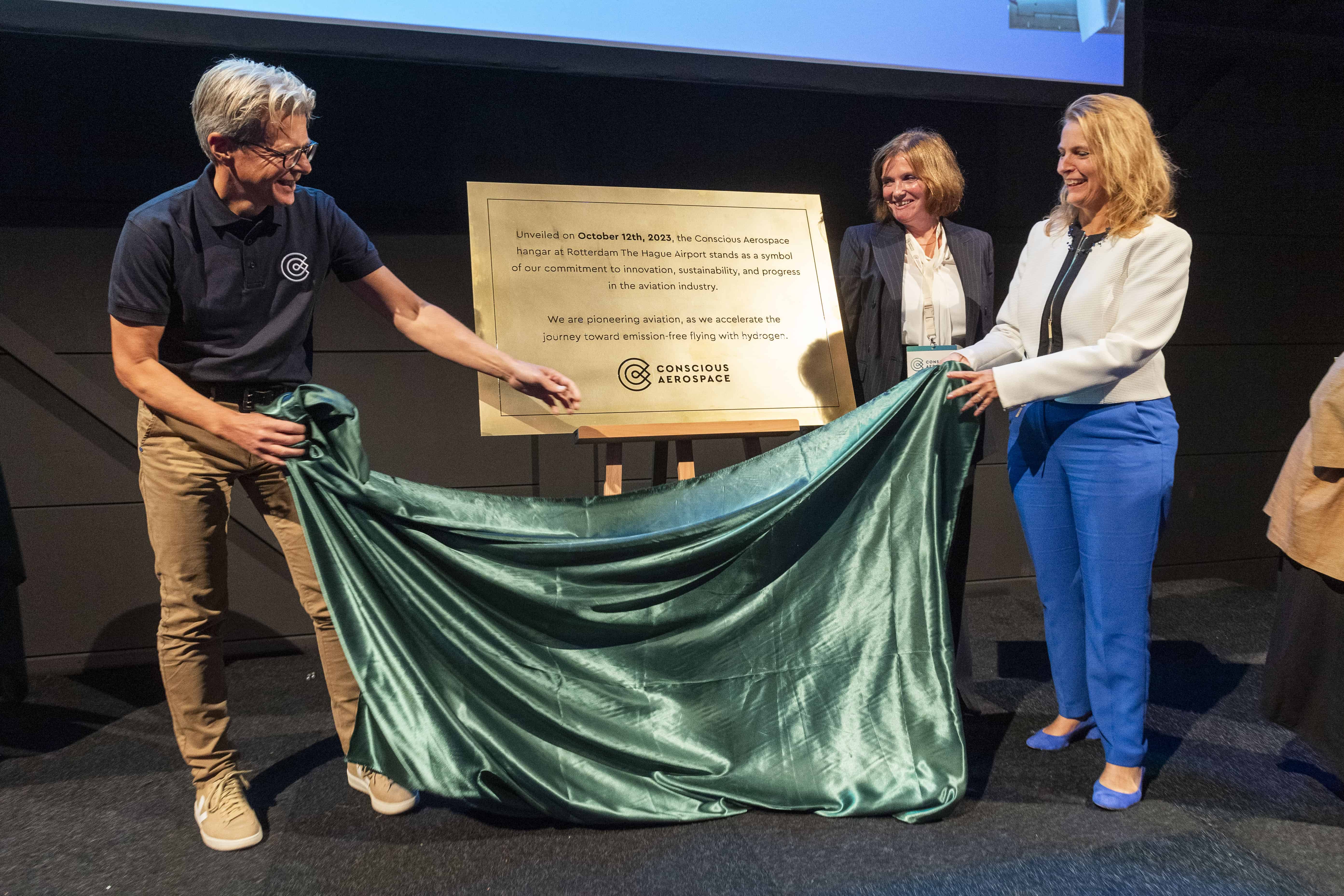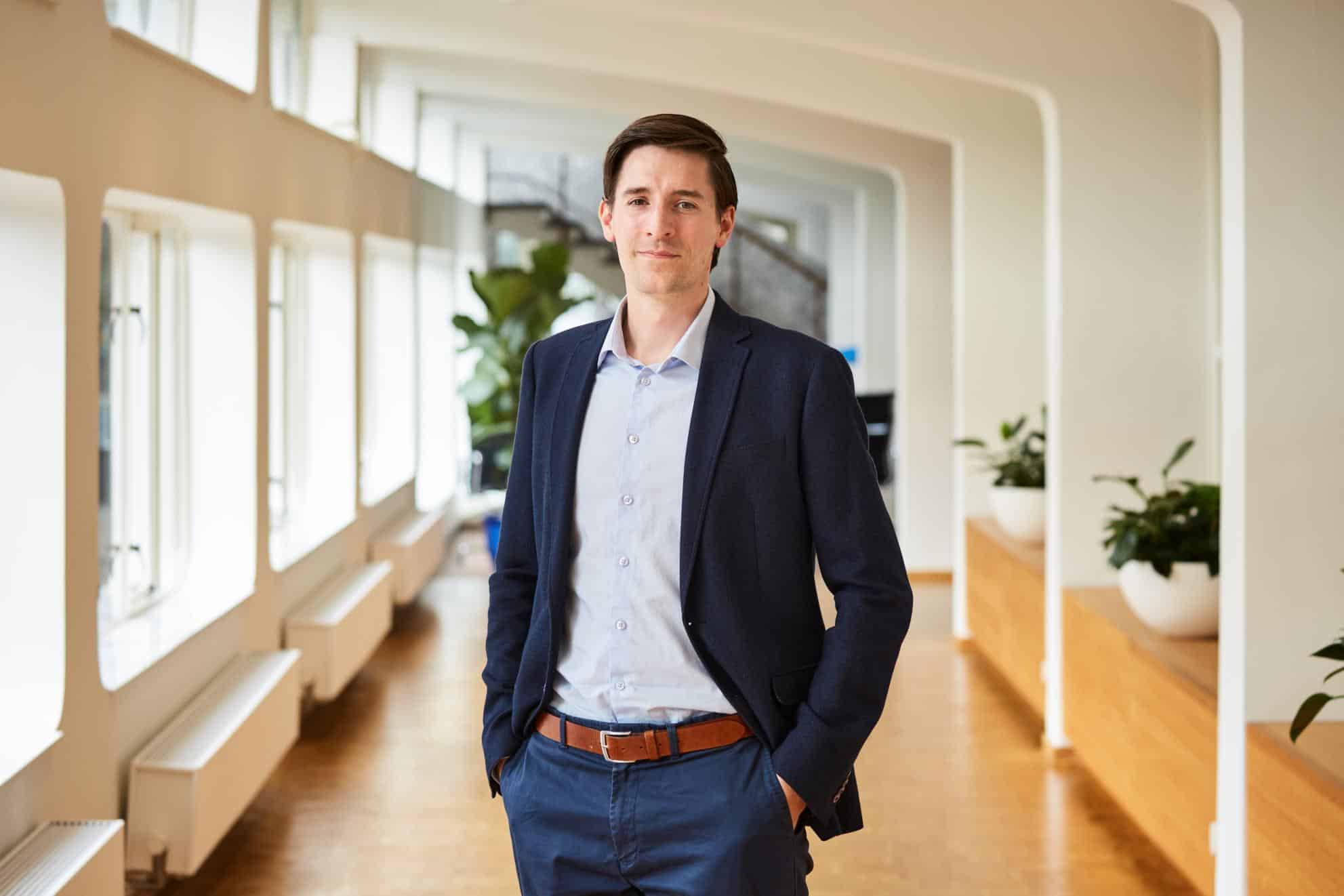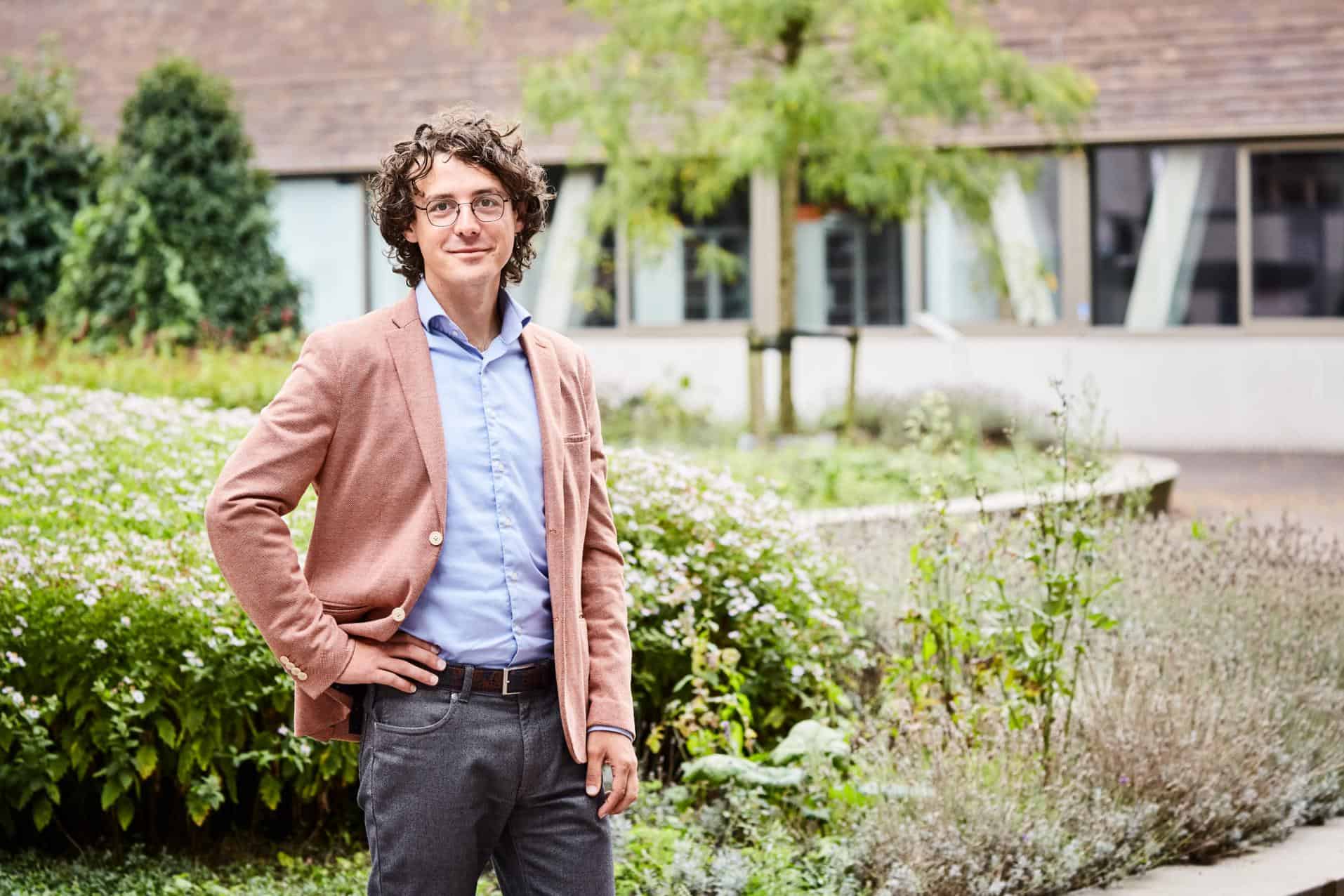
Dutch company Maeve Aerospace revealed their final design for the first fully electric passenger airplane. The eight-engine aircraft, Maeve 01, aims to offer emission-free and low-noise flights covering distances of up to 460 km. The fuselage has been expanded to accommodate 52 passengers instead of the initial 44. CEO Jan Willem Heinen sees massive potential in electric aviation. The Maeve 01 aircraft boasts zero emissions and very low noise levels. The company has already received orders for 20 aircraft from customers like Air Napier (New Zealand) and Dutch startup Lucy, planning to operate from Eindhoven Airport and Twente Airport.
Transforming regional air travel
Maeve Aerospace’s mission is to enable 100% sustainable regional air travel and improve airlines’ flight operating costs. The company’s founders, Joost Dieben and Jan-Willem Heinen, have ambitious plans to make commercial aviation more sustainable. With the development of the Maeve 01 aircraft, they hope to deliver the world’s first all-electric zero-emission aircraft by 2027. The key features of the Maeve 01 include a 50-passenger capacity and in ultimate versions a 1000 km flight range.
To ensure competitive aircraft turnaround times, the startup is also designing ultra-high-speed Recharge Network stations. These charging stations will be crucial to support the electric aviation ecosystem. Maeve Aerospace has already partnered with Rotterdam Airport for a proof of concept in 2024 and is in talks with a second airport.
Investment and market potential
The European Investment Fund European Innovation Council (EIC) has granted Maeve Aerospace €17.5 million, with €2.5 million in direct funding and potential co-investments of €15 million. This is the maximum EIC amount for innovative companies, and Maeve expects to secure a successful private investment round soon. Co-founder Jan Willem Heinen describes the EU investment as an “important financial step forward” and a sign of “highest possible confidence” in Maeve Aerospace’s promise.

Heinen sees massive potential in electric aviation, stating that at present, 200 million people per year take flights of distances of less than 400 km. By 2030, when Maeve 01 is expected to be in service, this number will likely increase. Countries with enforced sustainable aviation policies, such as Sweden, where all domestic flights must be fossil-free by 2030, are target customers for Maeve Aerospace.
Challenges and future prospects
Despite the enthusiasm surrounding electric aviation, critics question the feasibility of battery-powered aviation and battery technology development. Heinen admits that they do not expect to transport 180 passengers across the Atlantic using battery technology soon. However, he points out that electricity is cheaper, CO2 emissions cost money, and maintenance is more economical. He argues that their heavier battery-powered airplane is still cheaper to fly than one using kerosene.
While the challenges and frustrations of developing electric aviation are acknowledged, Dieben and Heinen remain determined to prove their vision. With a team of 30 people working on the project, they reference Tesla’s success in electric cars and emphasize the urgency of action to protect the planet. With over 200 other companies working on electric aviation, such as Sweden’s Heart Aerospace and American Wright Electric, the race towards sustainable air travel is heating up.








